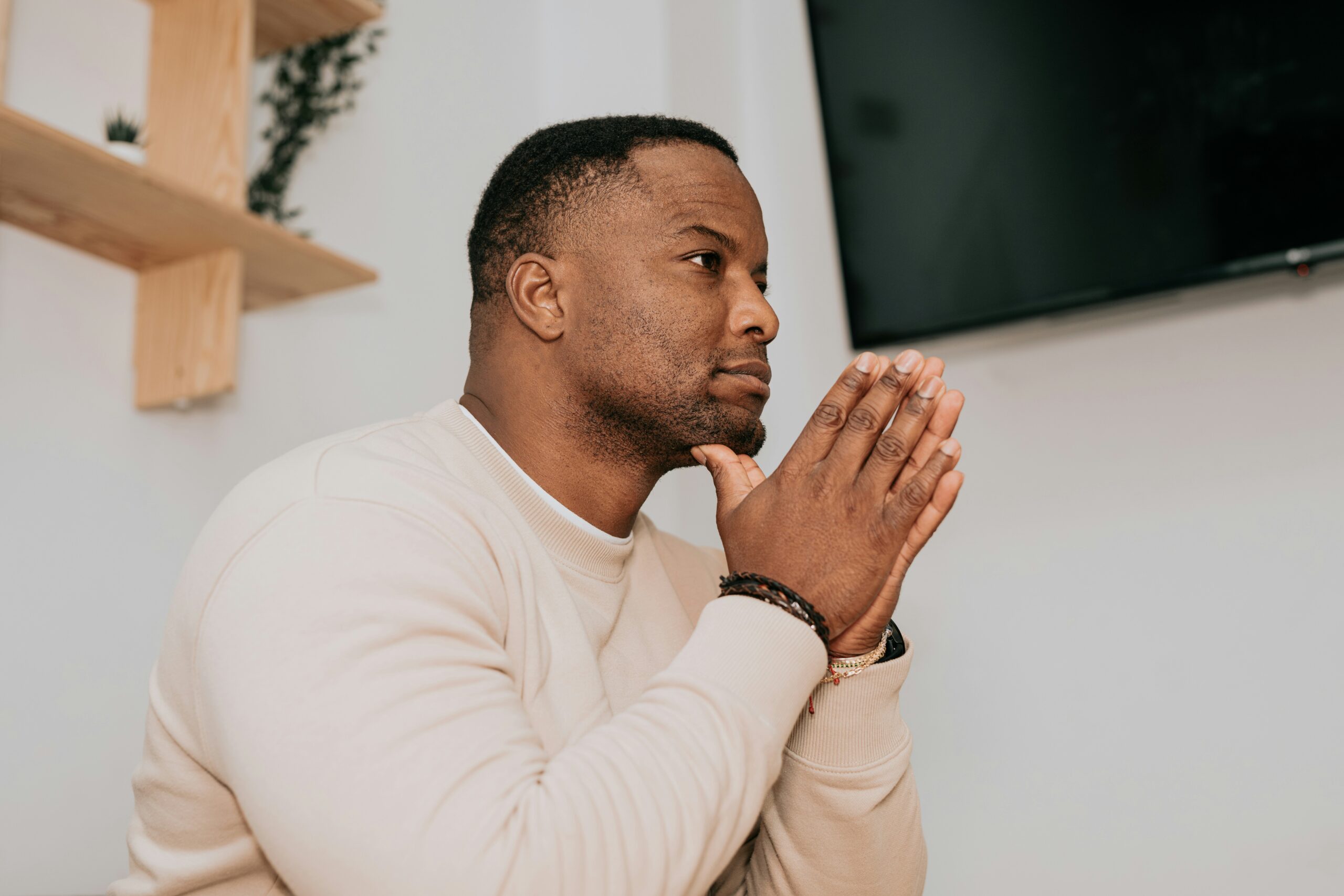May 8, 2025
Get Grounded: A Simple Tool to Overcome Stress and Self-Doubt

In moments of pressure, discomfort, or uncertainty, most of us default to reaction instead of reflection. Our energy scatters, our thoughts spiral, and we often walk away from these moments feeling depleted, disconnected, or even ashamed. What I’ve learned—and continue to relearn—is that getting grounded is one of the most effective tools for regaining clarity, emotional regulation, and personal power.
At its core, grounding is about safety. Think of an electrical circuit: the ground wire is there to direct energy safely, to prevent overload, and to ensure the system doesn’t fry under stress. We’re not so different. We’re energetic beings—systems of emotion, thought, and nervous responses. When we’re not grounded, we’re vulnerable to overload. But when we are, we’re stable, clear, and able to respond rather than react.
For me, grounding begins with intention. Before I step onto a stage, into a meeting, or even into a tough conversation, I ask myself one question:
“What do I want the other person to do, feel, or walk away with after this interaction?”
This simple reframe shifts my focus outward—from self-consciousness to service. It gets me out of my head and into the room. Then I take a few deep breaths, connect to my values, and anchor myself in the moment. That’s grounding.
🔑 5 Key Takeaways:
- Grounding is intentional—not accidental. You must choose it before stress chooses your reaction.
- It starts with breath—deep, conscious breathing signals your nervous system to calm down.
- Self-talk matters—awareness of limiting beliefs (like “I’m not worthy”) is essential to rewiring them.
- You can’t care what others think—not because it doesn’t matter, but because your message matters more.
- Grounding leads to freedom—the more grounded you are, the less controlled you are by fear or judgment.
One of the most powerful mindset shifts I’ve experienced is learning to separate being judged from judging myself. Like Peter Crone said, “You’re not afraid of what others will think—you’re afraid of what you’ll think about yourself.” That one hit me like a ton of bricks. It reminded me how often we hand over our power to a story that isn’t even real. Grounding brings us back to what is real—our breath, our values, our intention, and our choice.
We don’t get to control the chaos of the world or the opinions of others, but we do get to choose how we show up. Grounding is the tool that lets us do that with grace, clarity, and strength.
If you want to become a better leader, communicator, or partner—start by learning how to ground yourself. You’ll discover a version of yourself that’s not only calmer and more confident but also more connected to the truth of who you really are.







